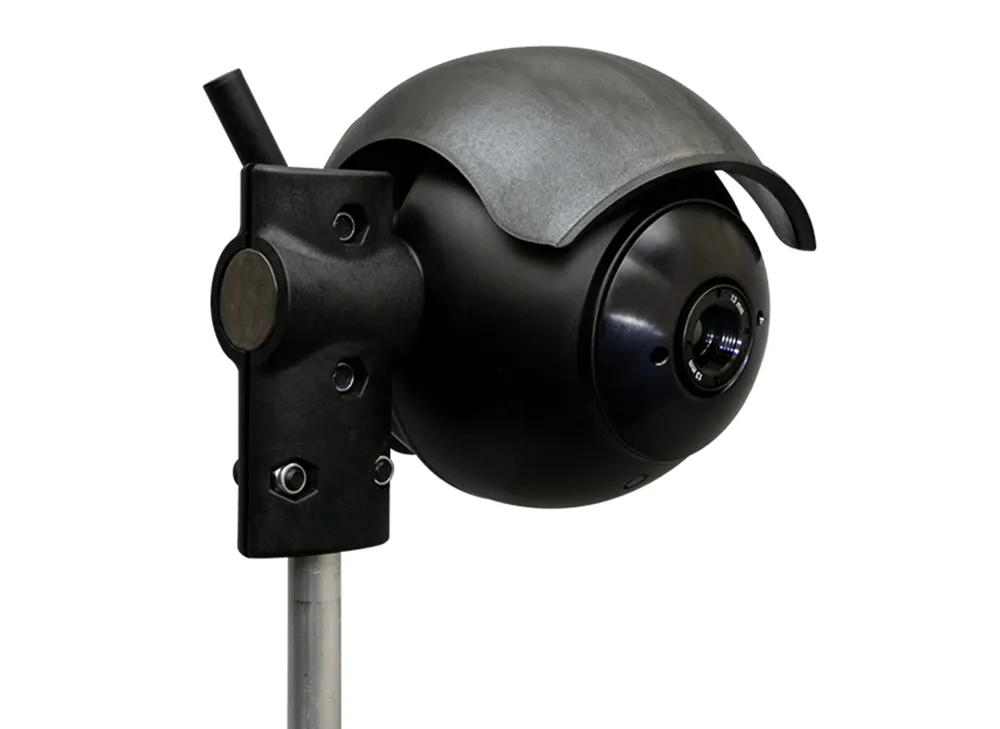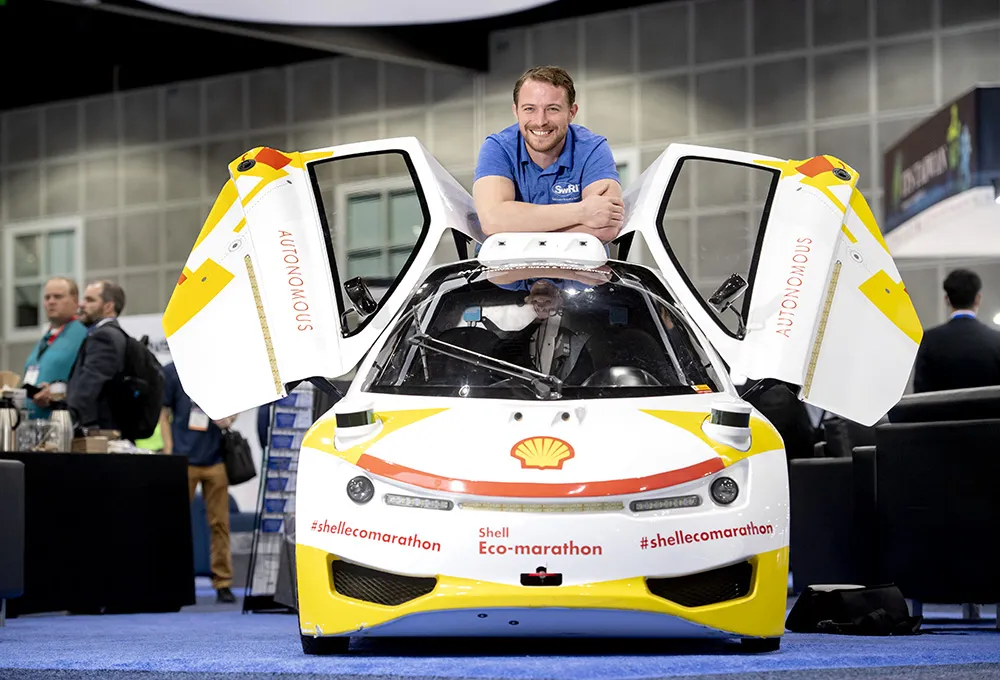August 30, 2019
Read time: 1 min
Southwest Research Institute (SwRI) has released ActiveVision, a machine vision tool that transportation agencies can use to autonomously detect and report changes in traffic conditions.
Dan Rossiter, SwRI research analyst, says: “The goal is to help transportation officials enhance their ITS capabilities with advanced algorithms that autonomously scan vast amounts of visual data, extracting and reporting actionable data.”
SwRI says the tool’s algorithms process camera data to provide real-time information on weather conditions and other anomalies affecting congestion. It can be configured with existing traffic cameras to analyse roadway conditions with no human monitoring required, the company adds.










